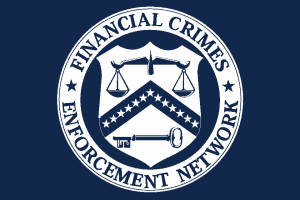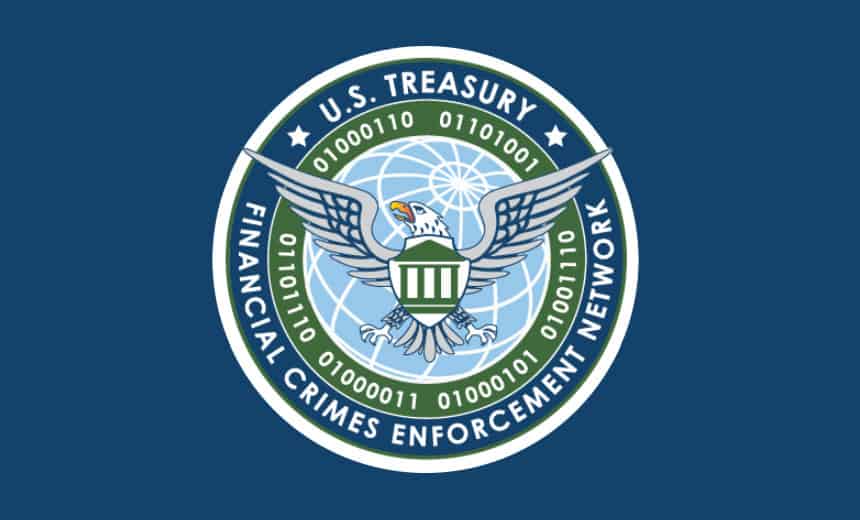Join Our Telegram channel to stay up to date on breaking news coverage
A bureau of the US Treasury Department, FinCEN, recently proposed that banks and money service businesses should record transactions to private crypto wallets. The bureau suggests that these rules will help in combating illegal activity in the crypto space.
Speculations ring true
The Treasury Department has proposed new regulations for crypto wallets after weeks of speculation that it is working on stricter oversight in the sector. Today, the Financial Crimes Enforcement Network (FinCEN) issued a new proposed ruled that will require “require banks and money service businesses (‘MSBs’) to submit reports, keep records, and verify the identity of customers” who are making cryptocurrency transactions into private/unhosted wallets.
The rules will be open to public comments till January 4, 2021. Apart from recording transactions to money service businesses, the rules also seek the classification of legal tender digital assets and convertible virtual currency as monetary instruments. This will subject these digital currencies to the Bank Secrecy Act (BSA).
What else do the rules suggest?
Under the new rules, any transactions totaling over $10,000 in a 24-hour period must be reported to FinCEN. The identity of the customers must be required. Some transactions may demand an even lower threshold of $3,000. This will automatically make know-your-customer (KYC) rules applicable to private crypto wallets.
FinCEN suggests a targeted expansion of recordkeeping and reporting obligations under the Bank Secrecy Act will help in stopping illicit financing via cryptocurrency. It states that an increasing number of malicious actors are using CVC for evading sanctions, transnational money laundering, weapons proliferation, terrorist financing, and trade of stolen identifies, counterfeit goods, controlled substances, and computer hacking tools alongside toxic chemicals and firearms.
The authority specifically mentions that cryptocurrencies with enhanced anonymity, like Monero, have a well-documented use in illicit activities. The FinCEN suggests that even though the rules are open to public commentary, these requirements are inapplicable for the proposal. This is because the proposal is related to foreign affairs related to the US because of which public procedure becomes unnecessary, impractical, and even contrary to the public interest.
Join Our Telegram channel to stay up to date on breaking news coverage



